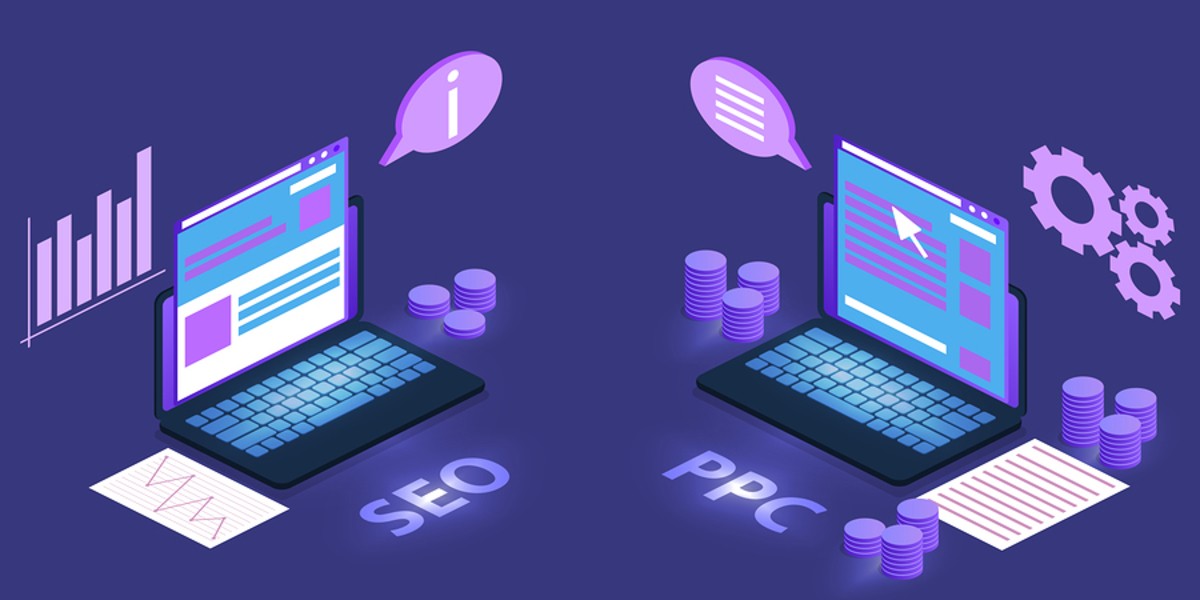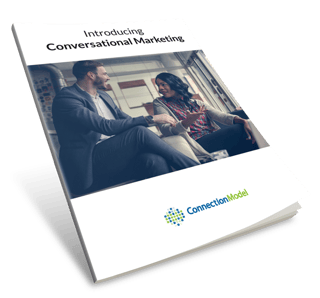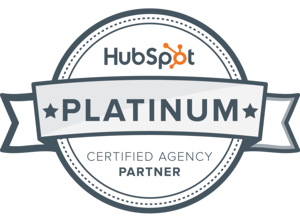
It’s a common practice for businesses to separate their digital marketing tactics to target various strategies such as organic or paid search. But creating these silos can be less efficient, waste time, and even cost you more money in ads and content production. A better way to approach maximizing your efforts is to make your organic and paid search strategies work together.
SEO vs. Paid Search
Organic search traffic results from people finding your business links in search engine results. Search Engine Optimization (SEO) influences a website’s position in organic search results. Paid search traffic comes from visitors who click on a sponsored listing or ad that your business pays for to achieve a higher showing in the search results.
SEO and paid search are two very different types of strategies for getting traffic to your website, and they can be equally useful. Visitors from organic search are free, but achieving rankings for relevant keywords in Google will take some time and effort. Paid search, through pay-per-click (PPC) ads, can get you instant traffic and allow your business to remain competitive in a crowded market.
Plenty of research has been done on both SEO and PPC. Here are a few eye-opening facts about SEO vs. paid search:
- Search is the #1 driver of traffic to content websites, beating out social media by over 300%.
- SEO drives 30% of website traffic and 20% of revenue. The ROI on SEO increases over time as websites establish more visibility and authority with content.
- With PPC, the top three paid ads capture 46% of the clicks.
- On average, businesses make $3 in revenue for every $1.60 they spend on PPC ads.
- SEO is vital, but businesses must adjust to Google’s whims. But PPC ads aren’t impacted by algorithm changes. In 2018 alone, there were over 3,200 algorithm updates!

How to Make Organic and Paid Search Work Together
It might be natural to believe you have to make a choice between organic and paid search or even pursue the two strategies separately. According to digital marketing experts, there are several ways these two approaches can work together to help your business achieve its goals.
Focus on Your Keywords
If you’ve been focusing on organic search as one of your digital marketing strategies, you are already aware that the keywords you choose are essential. Tools such as Google Keyword Planner and Google Analytics can help you find the keywords and phrases that your target audience searches for so that you can focus on these in your marketing materials and content.
You can use these same keywords for your PPC campaigns to test what impact they will have on your traffic and conversions. Use the same keyword tool in Google Adwords to estimate traffic volume as well as the cost of a campaign using different keywords and phrases. Likewise, when you have significant success with a PPC campaign, you can use those same keywords in your website content to target organic rankings.
Leverage Your Paid Search Data
When you decide to market your brand online, data becomes one of your most powerful tools. This is particularly the case when it comes to choosing what content you’re going to produce to drive traffic. Google Analytics will give you a ton of data about which keywords people use to find you.
You can begin analyzing this data and using it across your digital marketing channels. For example, keywords that bring in PPC clicks can also be used in meta descriptions on your website. This can help your site rank better organically and gain you more free traffic.
Seeing which keywords and phrases are doing well can also give your business ideas for additional interesting content. For example, if people want to know “how” something works, maybe it’s time for a series of instructional posts.
Engage Returning Customers
The average consumer spends about 5 hours each week shopping online. Unfortunately, most people aren’t going to remember your business after just a single visit.
Maybe customers initially found your website through organic search with a longtail keyword that you’ve ranked well for in the search engines. Not every customer chooses to buy on their first visit, however, so you’ll need some tools to entice them to return. This is where paid search can become incredibly useful.
With PPC ads, you can target these consumers with a remarketing campaign. When a consumer visits your site or abandons a shopping cart, their activity is recorded in the site’s cookies. You can use paid ads to continue showing them messages or products on any site that participates in the Google Display Network.
Build Brand Awareness With More Visibility
The more people see your company’s name, business tagline, or a link to your website, the more likely they’ll be to give you that click. In fact, searchers are also more apt to click on a paid ad if they see your organic link on the same page.
You have an opportunity to amplify your brand by combining your SEO and PPC efforts. You might not want to appear twice on the page for every keyword due to cost constraints. But this could be a solid strategy if your business is highlighting a promotion or working on boosting brand visibility over that of a competitor.
Many digital marketing agencies treat organic and paid search as separate entities, thus apply different strategies to both. But you can combine your efforts for better results.
At Connection Model, we focus on providing clients with results-driving digital marketing solutions that will help clients achieve business growth. Contact us today to request an assessment and learn more about how we can help take your digital marketing efforts to the next level.
Written By: David Carpenter


